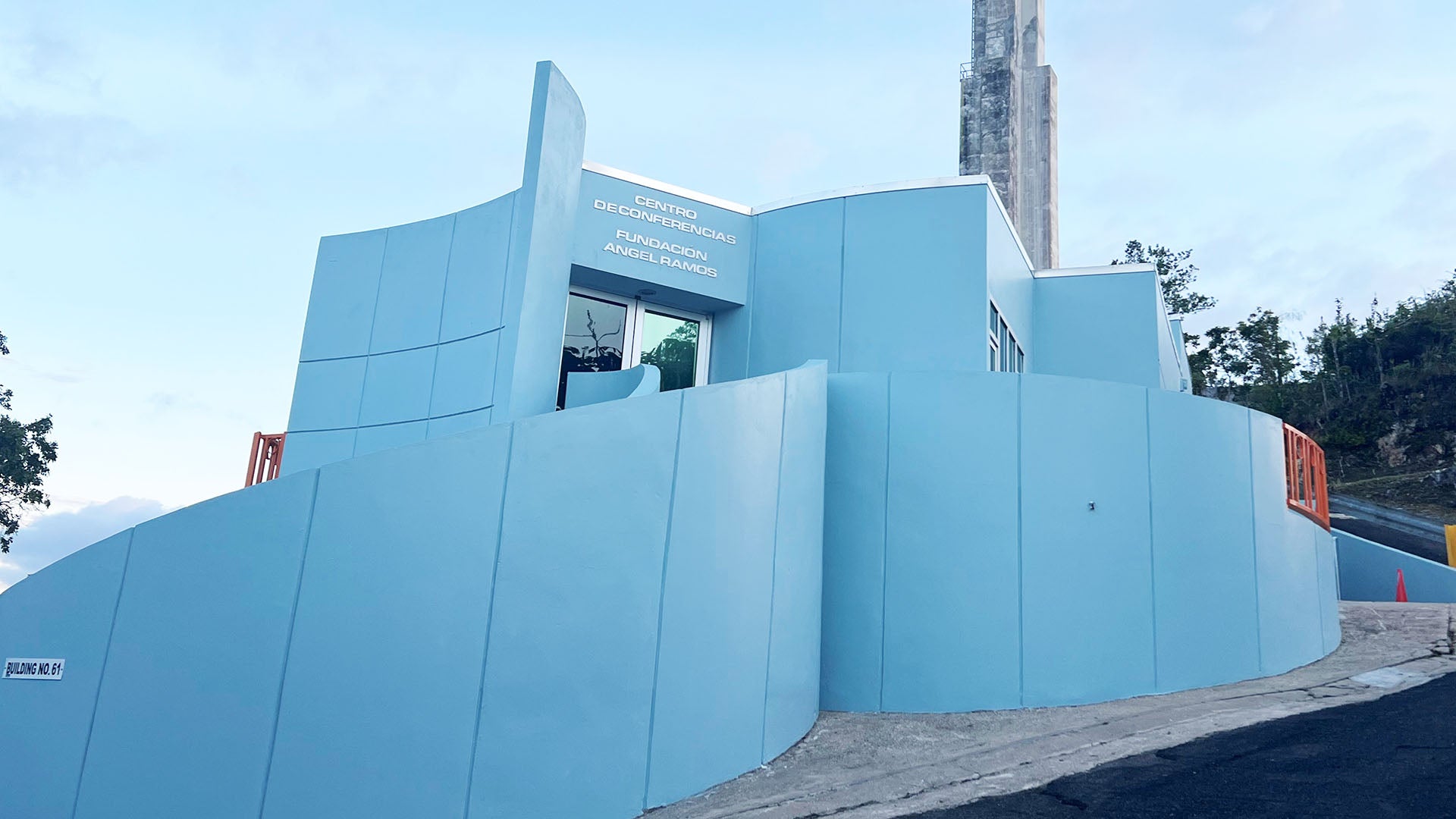The U.S. National Science Foundation (NSF) has awarded Cold Spring Harbor Laboratory (CSHL) and three partnered higher education institutions over $5 million to establish a new science, technology, engineering, and mathematics (STEM) center at the site of the Arecibo Observatory in Puerto Rico.
The Arecibo Center for Culturally Relevant and Inclusive Science Education, Computational Skills, and Community Engagement (Arecibo C3) will focus on the three Cs of ciencia (science), computación (computation), and comunidad (community). Its goal is to promote STEM education, research, outreach, and workforce development, with a strong emphasis on inclusion and diversity. In particular, the Center aims to create opportunities for women and girls, students with disabilities, and other groups historically underrepresented in STEM.
CSHL’s DNA Learning Center (DNALC) will provide the infrastructure, curriculum, and hands-on labs needed to teach students of all ages. Popular DNALC activities like summer camps, field trips, and DNA barcoding programs will be carried over and adapted for a new student body. Additionally, DNALC will lead Arecibo C3’s workforce development efforts, linking the Center to Puerto Rico’s extensive pharmaceutical sector. CSHL’s Meetings & Courses Program will also play an active role, arranging local conferences that leverage the site’s prime location and lodgings.
Jason Williams, assistant director for diversity and research readiness at the DNALC, will serve as a project leader for Arecibo C3. He’ll work with local collaborators, including Dr. Wanda Díaz Merced, the Center’s executive director from Universidad del Sagrado Corazón. “We see Arecibo C3 becoming a hub for scientific outreach and exchange not just across the island but internationally,” Williams says. “We’re focused on building an innovative science education platform that empowers people of all abilities to participate.”
The collaborating institutions each bring their own teaching specialty to the center.
- Universidad del Sagrado Corazón: astronomy and multisensory learning, with a focus on enhancing STEM for students with and without disabilities.
- University of Puerto Rico, Río Piedras: course-based undergraduate research experiences (CURES).
- University of Maryland, Baltimore County: computational, AI, and data science training, with a focus on women and girls in computer science.
“The new educational center builds on the great scientific, educational, and cultural legacy of the Arecibo Observatory and is closely aligned with NSF’s goal to create STEM opportunities everywhere,” adds James L. Moore III, NSF assistant director for STEM Education. “The center aims to create new opportunities for STEM education, exploration, discovery, engagement, and participation of students, scientists, and researchers in various STEM disciplines ranging from astronomy and radio science to biological, computer, and natural sciences in Puerto Rico and beyond.”
Arecibo C3 is expected to open in 2024. For more information, visit the newly launched Arecibo C3 website.
Written by: Luis Sandoval, Communications Specialist | sandova@cshl.edu | 516-367-6826
